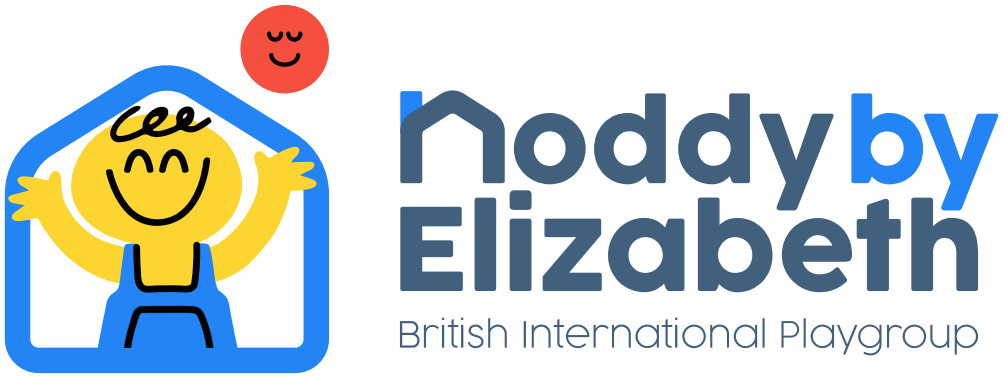The Early Years Foundation Stage (EYFS) is a framework for early childhood education within the British curriculum designed to support and foster young children’s learning and development from birth to age five. It establishes standards for education, development, and care to ensure that children learn through play with appropriate structure and support.

At Noddy by Elizabeth, our British international nursery curriculum adheres to this comprehensive framework to ensure our students meet their developmental milestones and thrive in a nurturing environment. This post will discuss the EYFS framework and its advantages for preschool education.
The Structure of EYFS Curriculum
Early childhood education is critical as it lays the foundation for lifelong learning and development during these formative years. The EYFS framework is structured to make the most of this growth phase by providing a balanced approach to learning, play, and exploration.
The EYFS promotes teaching and learning through play-based activities, incorporating both structured play and unstructured play. This approach ensures that the learning experiences are child-led and tailored to the children’s developmental needs and interests, alongside careful observation and assessment from educators. This setup helps track and assess the child’s progress through engagement and observation and allows for personalised support.
Core Principles of EYFS
The EYFS framework is centred around four major principles that emphasise a child’s holistic development:
A Unique Child
Acknowledging that every child is a competent learner who can be resilient, capable, and self-assured.
Positive Relationships
Emphasising that children’s strength and independence are fostered through stable, secure, and respectful relationships.
Enabling Environments
Highlighting the key role of the environment in supporting and enriching children’s development and learning.
Learning and Developing
Recognising that children develop and learn at their own pace, and all areas of learning and development are interconnected and equally important.
Key Areas of Learning and Development
Early childhood education focuses on the following key learning areas:
- Communication and Language: Development of listening, understanding, and speaking skills.
- Physical Development: Encouraging movement, handling of objects, understanding personal care, and making healthy choices.
- Personal, Social, and Emotional Development: Helping children to develop a positive sense of themselves and others.
- Literacy: Encouragement of reading and writing through access to a wide range of reading materials.
- Mathematics: Developing a basic understanding of math through games and puzzles.
- Understanding the World: Guiding children to make sense of their physical world and their community.
- Expressive Arts and Design: Exploring a wide range of materials and techniques, and sharing thoughts, ideas, and feelings through art.
Noddy by Elizabeth’s Curriculum

The EYFS framework is highly respected and adopted in numerous schools around the world. Its flexibility makes it culturally adaptable, making it an excellent choice for international schools. At Noddy by Elizabeth, we offer a curriculum based on the EYFS framework, focusing on supporting our children’s social, emotional, and physical development.
With over 40 years of experience in early childhood education, our British international nursery provides young learners with the skills and experiences needed to build a strong foundation for their future learning. Through our “learning through play” approach, children guide their activities under the close observation and thoughtful guidance of our teachers. This method stimulates children’s imagination and creativity while boosting their critical thinking skills and self-confidence.
By fostering an environment where children are free to explore topics that interest them, learning becomes effective, enjoyable, and engaging. Our classes are conducted in English, providing an excellent opportunity for children, regardless of their native language, to enhance their English skills from an early age. This early exposure is crucial for developing strong language skills that will benefit them throughout their educational journey and beyond.
Contact us today to schedule a school visit and learn more about our leading EYFS curriculum.
